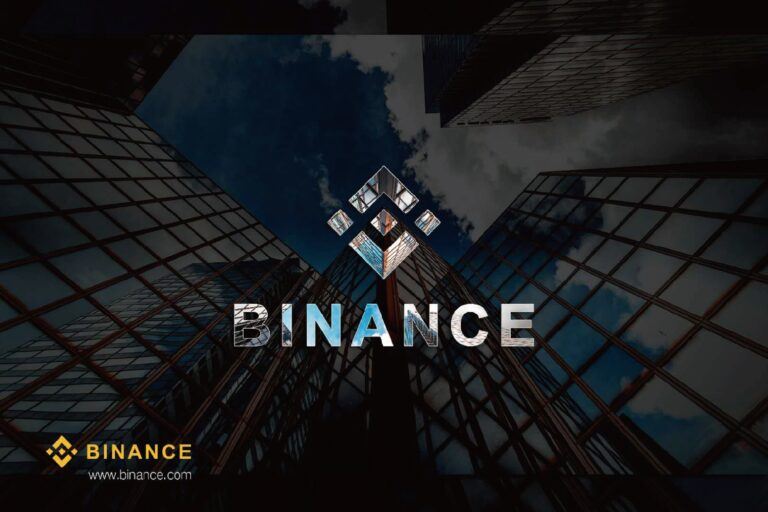Binance.com will no longer serve registered U.S. users within 90 days, and will open a separate U.S.-only version – Binance.us – of the platform in partnership with BAM Trading Services. This news is elaborated by three separate documentations released by the leading exchange in the past day.
Binance announced yesterday that it will “license its cutting-edge matching engine and wallet technologies to” BAM Trading Services, who were approved only days ago by the U.S. Treasury Department’s Financial Crimes Enforcement Network (FinCEN). The release emphasized “[serving] the U.S. market in full regulatory compliance,” as well as “a focus on the trading of mainstream cryptocurrencies with liquidity.”
According to CoinDesk, BAM Trading Services is indeed registered with FinCEN; but little else is known about the organization.
Two other Binance releases have added some color to the news. The first, a cryptic press release coming just hours ago, warned customers that they may have to “furnish evidence” showing that their accounts are compliant with the exchange’s Terms of Use, or else be booted off the platform.
Accordingly, some users may be required to furnish evidence showing that their account registrations are consistent with Binance's Terms of Use. Binance regrettably cannot continue to serve users who are found to have violated the Terms of Use and are unable to demonstrate otherwise.
Although the opaque announcement is couched in little to no explanation, a new clause in the nearly 6,000 word document clearly elaborates the compliance message: “Binance is unable to provide services to any U.S. person.”
There will be a few restrictions on https://t.co/9rMMAmtCxH accompanying this. But some short term pains may be necessary for long term gains. And we always work hard to turn every short term pain into a long term gain. https://t.co/gl1M1cwPYB
— CZ Binance (@cz_binance) June 14, 2019
A Matter of Compliance
The present move should come as no surprise, as Binance began blocking customers from the U.S. and 28 other countries from its new decentralized exchange platform two weeks ago.
The exclusion of U.S. customers very likely has to do with concern in that country surrounding regulation and compliance. Namely, securities are highly regulated in the U.S., and law enforcement in the country has already shown its draconian face with the late 2018 prosecution of EtherDelta’s founder Zach Coburn. EtherDelta is an open ERC-20 decentralized exchange.
1. Binance US coming.
2. Binance may move US users (reportedly 25-30% of total) from https://t.co/PNtC8MFp7I to Binance US.
3. If no $BNB in Binance US => $BNB demand would drop.
Many assumptions here, yet, if relatively accurate, here may come the $BNB dip desired by so many. https://t.co/vIaJ0S03Yz
— Alex Krüger (@krugermacro) June 14, 2019
The issue of determining which digital assets are securities and which aren’t, especially in the U.S., has been a constant thorn in the side of the crypto industry for more than a year. By simply excluding some users from trading any tokens that might security tokens, Binance is keeping with its tendency to self-regulate.









